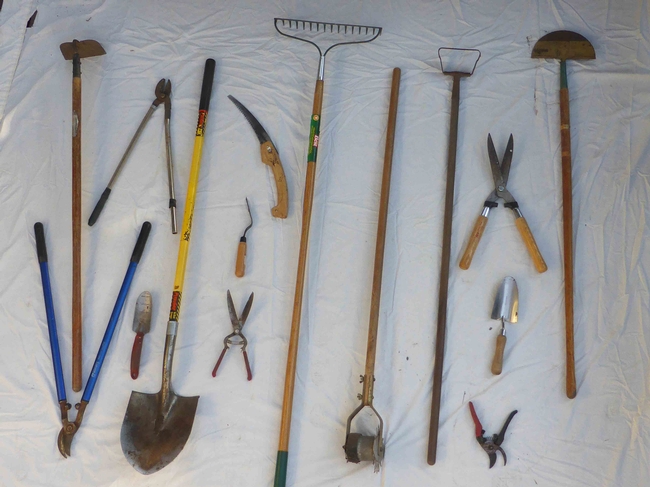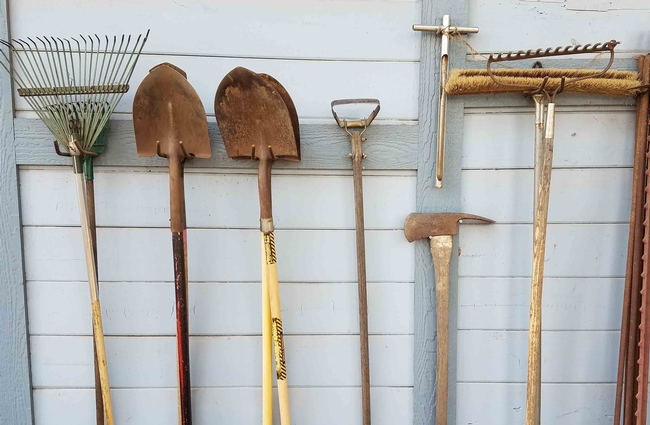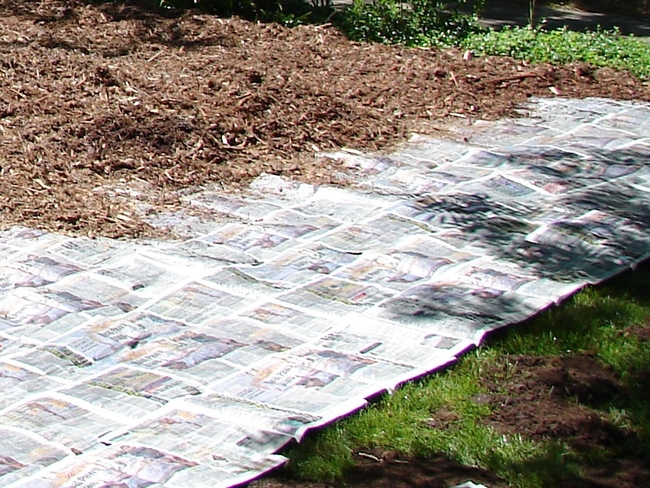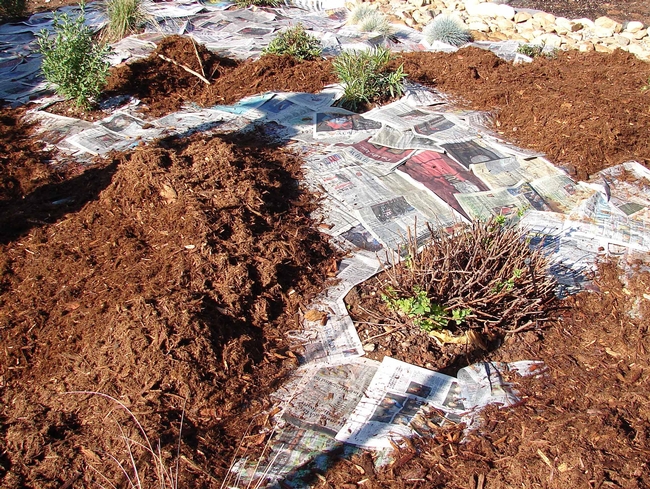As days shorten and temperatures cool, the pace of gardening slows along with plant growth. But there is still plenty to be done during the fall and winter months. In fact, much of what is done in the garden now will set the tone for the following year.

Prune deciduous trees and shrubs during their dormant period. However, it is worthwhile to do a little research on each plant to become familiar with its pruning requirements. For example, pruning early-flowering plants such as azaleas, flowering quince, or forsythia in the fall will remove flower buds and reduce the spring flowering display. If these plants require pruning, it should be done just after they have finished blooming.

Planting bare root trees and shrubs during their winter dormancy allows healthy root systems to develop before budding out in the spring. Fall is also the time to plant bulbs and perennials. Squirrels can notice disturbed soil and may dig up tulips and other bulbs. Disguise your work by flooding the soil surface with water and then covering the soil with mulch.

Conduct an irrigation review and adjust your watering schedule to reflect the lower water requirements of fall and winter. Make any repairs (such as fixing broken pipes, hoses, or damaged sprinkler heads) before spring. If you have an automatic system, be sure it is operating correctly.
If you plan to create new garden beds, fall is a good time to do it before you are faced with the rush of spring gardening jobs. And if you plan on creating a new bed in an existing lawn area, a good method is to cover it with a thick layer of newspaper topped with a layer of mulch. This will kill the lawn (as long as it's not a dormant perennial like Bermuda grass) and the bed will be ready to be worked in early spring without the effort of manually removing the sod.

Plant Sale!!! The Master Gardeners will hold their Fall 2021 Plant Sale on October 30, from 9am to 1pm at the Demonstration Garden at Patrick Ranch (10381 Midway, Durham). Along with the Plant Sale, there will be two free workshops: “Gardening with Natives” at 10am, and “Berry and Grape Gardening” at 11am. No registration is required for these workshops; Covid safety protocols will be followed.
UC Master Gardeners of Butte County are part of the University of California Cooperative Extension (UCCE) system. To learn more about us and our upcoming events, and for help with gardening in our area, visit our website. If you have a gardening question or problem, email the Hotline at mgbutte@ucanr.edu (preferred) or call (530) 538-7201.